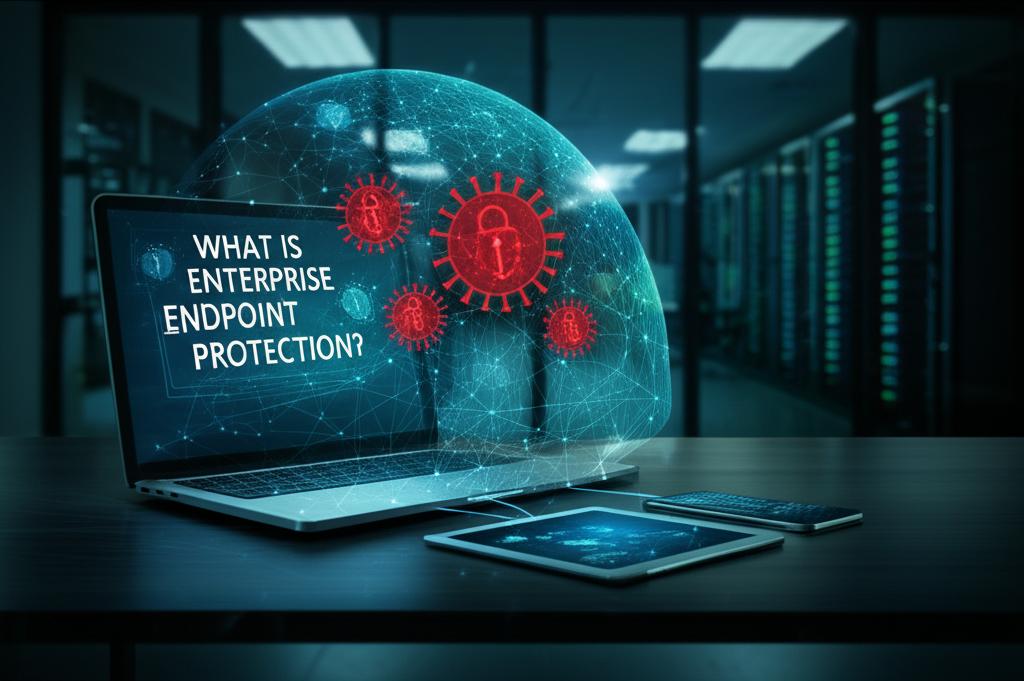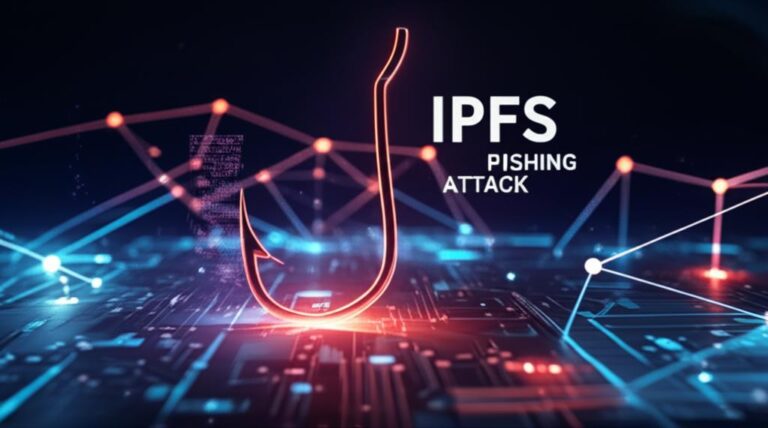The Ultimate Guide: Mastering Enterprise Endpoint Protection
What Is Enterprise Endpoint Protection?
In today’s complex digital landscape, businesses face an incessant barrage of cyber threats. From sophisticated ransomware to stealthy phishing attacks, the perimeter of an organization’s network is constantly under siege. This is where Enterprise Endpoint Protection steps in as a critical line of defense. But what exactly is it, and why is it indispensable for modern businesses?
Enterprise Endpoint Protection refers to a comprehensive security solution designed to protect all the ‘endpoints’ connected to a corporate network. Endpoints are any devices that connect to the enterprise network, such as desktops, laptops, servers, tablets, mobile phones, and even IoT devices. Unlike traditional antivirus software, which typically focuses on a single device, enterprise endpoint protection provides a centralized, holistic approach to securing every entry point to your valuable data and systems.
Why Enterprise Endpoint Protection is Crucial for Your Business
The proliferation of remote work, cloud services, and personal devices used for business (BYOD) has vastly expanded the attack surface for cybercriminals. Each endpoint represents a potential vulnerability that, if compromised, could lead to data breaches, operational downtime, reputational damage, and significant financial losses. Robust Enterprise Endpoint Protection mitigates these risks by:
- Preventing Advanced Threats: Moving beyond signature-based detection, it employs advanced techniques like AI, machine learning, and behavioral analysis to detect and block new, sophisticated malware and zero-day exploits.
- Ensuring Data Privacy: By securing endpoints, businesses can prevent unauthorized access to sensitive information, helping them comply with data protection regulations like GDPR and CCPA.
- Maintaining Business Continuity: Preventing successful attacks minimizes disruptions, allowing businesses to operate without interruption and maintain productivity.
- Centralized Management: IT teams can manage security policies, monitor threats, and respond to incidents across all endpoints from a single console, vastly improving efficiency.
Key Components of a Robust Enterprise Endpoint Protection Solution
A comprehensive Enterprise Endpoint Protection platform typically integrates several critical security functionalities to provide layered defense:
1. Next-Generation Antivirus (NGAV)
This goes beyond traditional antivirus by using machine learning algorithms, behavioral analysis, and heuristic detection to identify and block polymorphic and fileless attacks that signature-based AV often misses.
2. Endpoint Detection and Response (EDR)
EDR capabilities provide continuous monitoring and recording of endpoint activities. This allows security teams to detect suspicious behavior, investigate incidents, and respond rapidly to contain and remediate threats. EDR is fundamental for understanding the scope of an attack and preventing its spread.
3. Firewall and Network Security
Integrated firewalls control inbound and outbound network traffic, while other network security features like intrusion prevention systems (IPS) analyze network packets for malicious content or patterns.
4. Data Loss Prevention (DLP)
DLP tools help prevent sensitive data from leaving the organization’s control, whether accidentally or maliciously, by monitoring, detecting, and blocking unauthorized data transfers.
5. Device Control and Application Whitelisting/Blacklisting
These features allow organizations to control which devices can connect to endpoints and which applications are permitted to run, significantly reducing the risk of malware introduction via USB drives or unauthorized software.
6. Threat Intelligence Integration
Modern endpoint protection solutions often integrate with global threat intelligence feeds, providing up-to-the-minute information on emerging threats, vulnerabilities, and attack methodologies.
Benefits of Implementing Enterprise Endpoint Protection
Adopting a strong Enterprise Endpoint Protection strategy offers numerous advantages beyond just threat prevention:
- Enhanced Security Posture: A unified approach across all endpoints drastically reduces the attack surface and fortifies defenses against a wider range of threats.
- Improved Operational Efficiency: Centralized management simplifies security operations, freeing up IT resources. Automated threat detection and response minimize manual intervention.
- Regulatory Compliance: Meeting stringent compliance requirements (e.g., HIPAA, PCI DSS) becomes more manageable with robust endpoint security measures.
- Reduced Costs: Preventing breaches is always more cost-effective than recovering from them. Avoiding fines, legal fees, and reputational damage saves significant expenses.
- Scalability: Enterprise-grade solutions are designed to scale with your business, easily accommodating new devices and users as your organization grows.
Conclusion
In an era where cyber threats are increasingly sophisticated and pervasive, Enterprise Endpoint Protection is no longer a luxury but a fundamental necessity for businesses of all sizes. By providing a multi-layered, intelligent defense across all connected devices, it safeguards critical data, ensures business continuity, and empowers organizations to navigate the digital world with confidence. Investing in a robust endpoint protection strategy is an investment in the future security and resilience of your enterprise.







